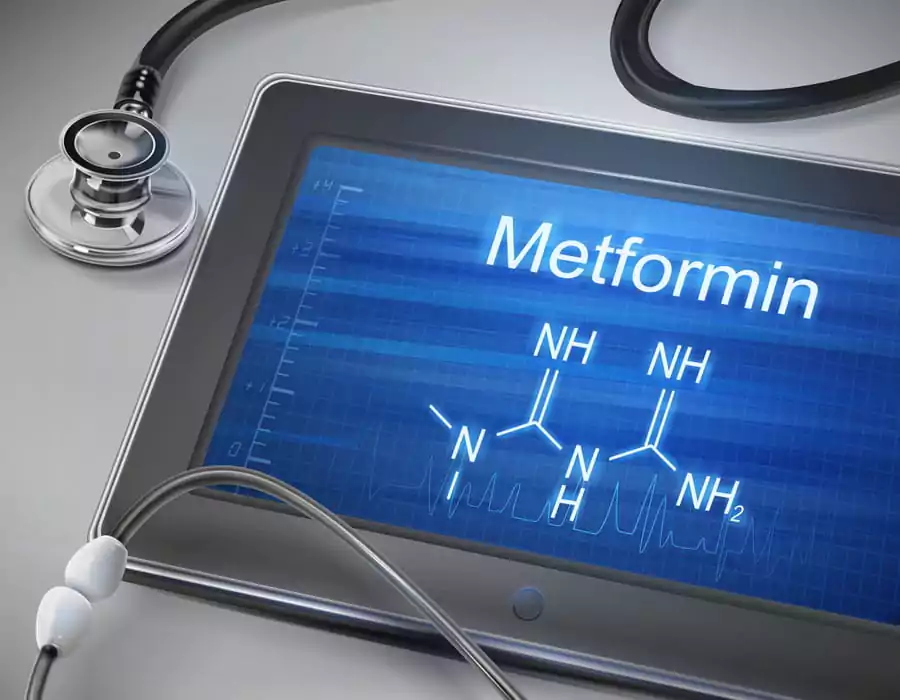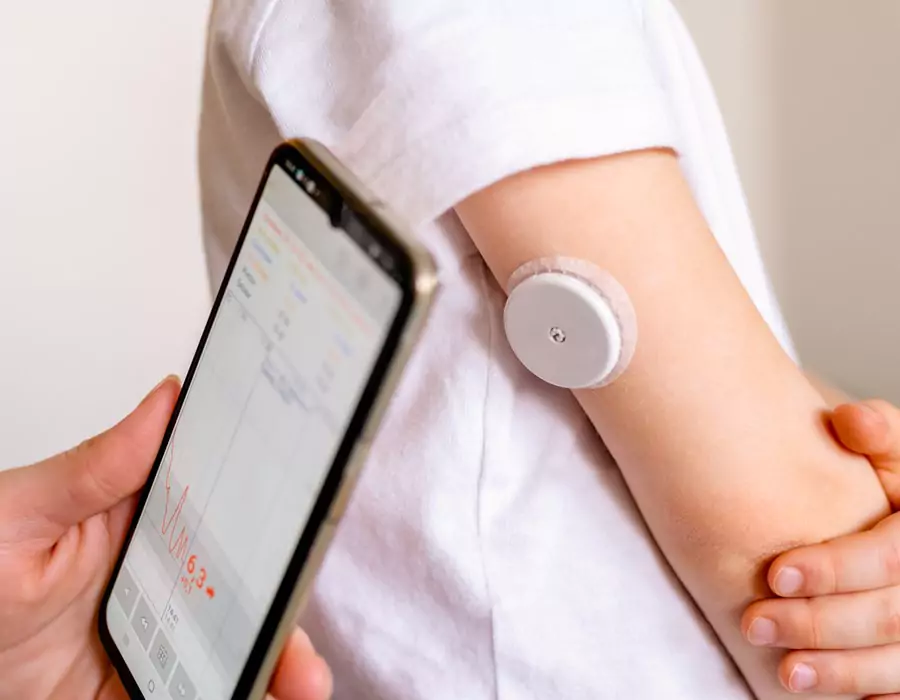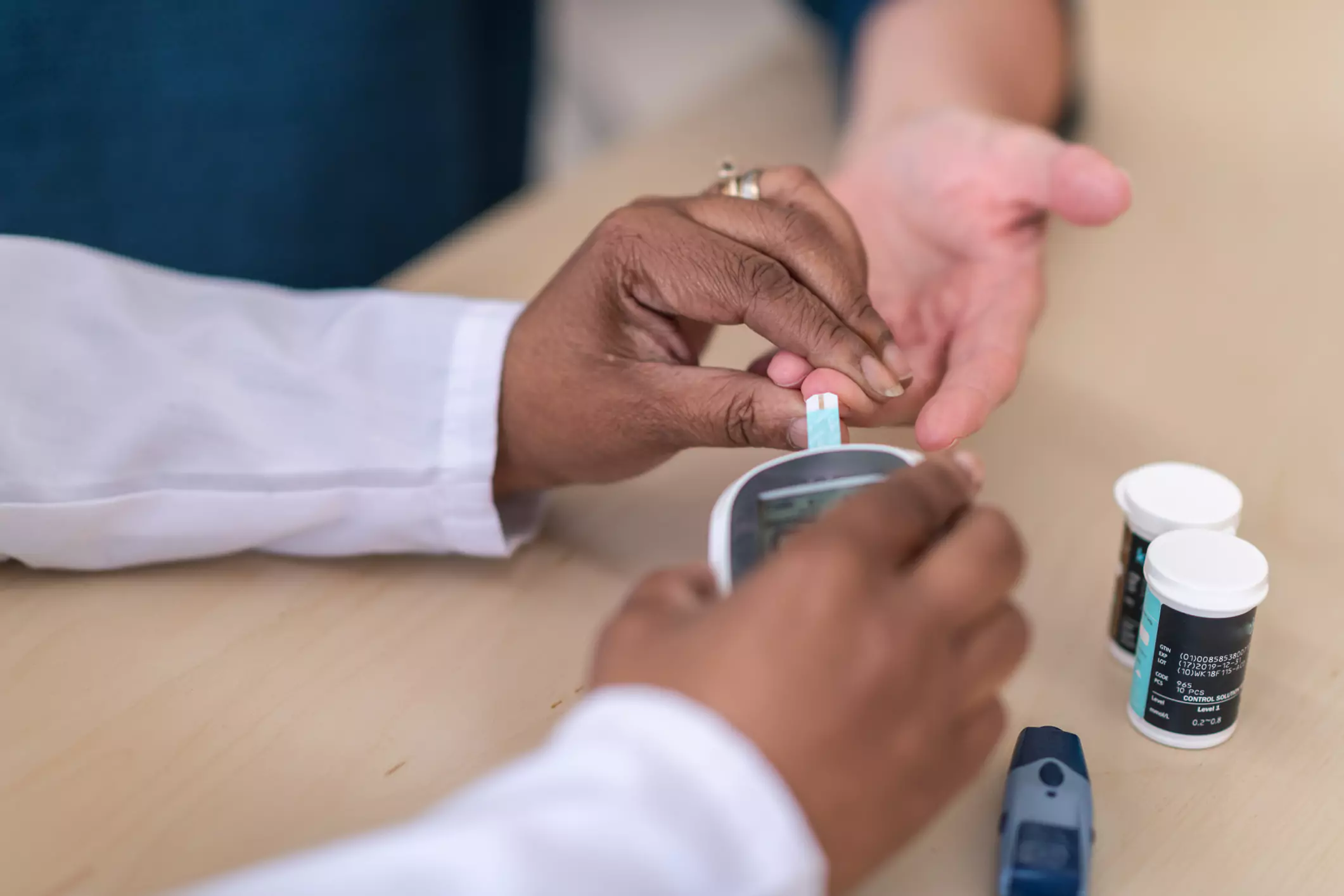
UP TO 40% OFF SITEWIDE






Is Metformin Anti-Cancer or Does Metformin Cause Cancer?


Can Metformin Be Anti-Cancer Or is Metformin Carcinogenic?
Metformin or its cousin berberine and dihydroberberine are an important part of the treatment for diabetes mellitus. Clinical studies have shown that it may be able to help prevent and treat a wide range of cancers. So is metformin anti-cancer or does it cause cancer? Lets find some answers.
Metformin was first shown to help diabetics avoid cancer in 2005. Whereas early studies show that it affects a wide range of molecular pathways that play a role in the development of almost every type of cancer, other studies show that it works well with a wide range of other anticancer treatments, like chemotherapy and radiotherapy, immunotherapy, etc.
In addition, a growing number of clinical studies show that it can help prevent cancers. French lilac (also called goat's rue or Gallega Officinalis) is a medieval European medicinal herb that was first used to treat diabetes in the 17th-century.
It wasn't until 1957 that the French doctor Jean Sterne officially patented metformin as a drug treatment for diabetes. Smart man! Since then, the effectiveness of metformin as a treatment for type 2 diabetes mellitus has been proven. It was approved by the FDA in 1995 as a treatment for T2DM.
In the late 1980s, studies on metformin's effects on insulin receptors on tumor cells led researchers to think that metformin's effects could be used to manage cancer.
How To Buy Dihydroberberine or Berberine?
Today many studies show similar promises for berberine and dihydroberberine which is what is used in SugarMD super berberine product available at sugarmds.com. Remember dihydroberberine is a great alternative to metformin for people who can’t take metformin or who do not want to take metformin.
Molecular mechanisms are very similar except that metformin is a pharmaceutical made by pharmaceutical industries oversees with sometimes questionable quality and occasional recalls due to contamination etc and possible kidney issues whereas the natural form of metformin which are berberine and dihydroberberine cause minimal to no side effects.
To learn more about metformin side effects click here. Yet you are free to choose what you want to use as they have similar benefits. Today my goal is to inform you and educate you on both metformin and dihydroberberine’s anti-cancer benefits.
Metformin’s main pharmacological effect is to lower high blood sugar levels as you all know. This is mostly because it improves insulin resistance in the liver, which reduces hepatic glucose output into the bloodstream, increases glucose uptake in muscle, decreases sugar absorption from the intestines, and improves insulin sensitivity. It does that mainly by activating a cell energy sensor known as the AMP-activated protein kinase (AMPK).
AMPK's main target is mTOR protein, which is important for cell growth and cancer dynamics. AMPK stops mTOR from working, which is important in preventing cell growth and cancer. In addition, glucose metabolism is at the heart of the metabolic derangement found in cancer cells, and metformin primarily affects glucose metabolism. This means that metformin or berberine and dihydroberberine could be used to help prevent or treat cancer.
It's also important to note that the immune system plays a big role in preventing and controlling cancer. Metformin, for example, has a wide range of effects on almost every part of the immune system, especially when it comes to cancer immunity. One of the things metformin does is to make CD8+ T lymphocytes more powerful and help them recover from exhaustion.
CD8+ T cells are one of the most important parts of cellular immunity against tumors because these cells can attack cancer cells. Metformin was able to bring back exhausted CD8+ T lymphocytes back to life in the lab. This has happened in leukemia, melanoma, renal cell carcinoma, non–small-cell lung carcinoma (NSCLC), gastrointestinal carcinoma, and breast cancer.
Gut Microbiome Can Explain Metformin's Anti-Cancer Affects.
Metformin's positive effects on a person's metabolism have also been linked to the microflora in their gut. Science has become more aware of the important role of the gut microbiome in health and diseases, such as cancer, through its effects on the immune system. People who have a lot of bad bacteria in their bodies have an immune system that isn't as strong as it should be.
This makes it more likely that they will get cancer. Remember junk food and processed sugars thrive those bad bacteria. Studies show that people who take metformin can have positive effects on their metabolism and immune system as well as on their microbiome, which can affect cancer dynamics.
We know that inflammation can make cancer easier to grow. Dr. Virchow came up with the idea that inflammation plays a role in cancer in 1863, based on the fact that leukocytes were found in cancerous tissue. There has been a lot of evidence that inflammation can both cause and be the result of malignancy.
Many studies have shown that chronic inflammation can lead to malignancy. So, given that T2DM is linked to chronic low-grade inflammation, and metformin has a positive effect on the immune and metabolic systems, it should come as no surprise then that metformin, berberine and dihdyroberberine must also have an effect on the inflammatory response.
How Does Autophagy Explain Metformin's Anti-Cancer Effects?
Both apoptosis, or "programmed cell death," and autophagy are important tumor-suppressive pathways that control cell survival and cell death, and they are becoming more important targets for cancer treatment as more people learn about them.
Remember how we discussed how fasting and exercise can trigger autophagy and help prevent cancer in addition to improving diabetes? While apoptosis is about cellular suicide and cell death, autophagy is about recycling and getting rid of cellular waste, which can also lead to cell death if cells are too sick, too disturbed or too old preventing them from turning into cancer cells.
During cancer biology, autophagy is a cancer-killing process, because it helps to get rid of oncogenic molecules, namely disturbed and sick cells before they can cause cancers.
Bottom line, metformin is an old drug that has been repurposed nowadays. People who don’t trust metformin manufacturers due to frequent recalls turn to natural alternatives such as berberine or more absorbable an effective form called dihydroberberine.
It's good to see that the overall results from preclinical and clinical studies show that metformin or and its natural cousins can protect against a wide range of different types of cancer. As of 2022, there are more than 300 clinical trials showing or trying to prove anti-cancer benefits of these agents and most have been successful. Check out our website for super berberine and stay cancer-free, happy and healthy! Dr. Ahmet Ergin Endocrinologist
Written By Dr. Ahmet Ergin
466 total articles
Meet Dr. Ahmet Ergin, a highly skilled and dedicated endocrinologist with a passion for diabetes care. Dr. Ergin earned his medical degree with honors from Marmara University in Istanbul. He completed internal medicine residency and endocrinology fellowship at Cleveland Clinic. Dr. Ergin is board-certified in Internal Medicine, Endocrinology, Diabetes, and Metabolism due to his vast medical expertise. He's a certified diabetes educator, author of “The Ultimate Diabetes Book,” and founder of “the SugarMD YouTube channel.” Dr. Ergin offers exceptional diabetes care to his patients in Port Saint Lucie, FL, helping them manage effectively. For a closer look into his insights and experiences, connect with Dr. Ahmet Ergin on LinkedIn, Instagram, and YouTube.”
Disclaimer: These statements have not been evaluated by the Food and Drug Administration. Information on this website isn't intended to treat, cure or prevent any disease. Discuss with your doctor and do not self-treat.
Products











